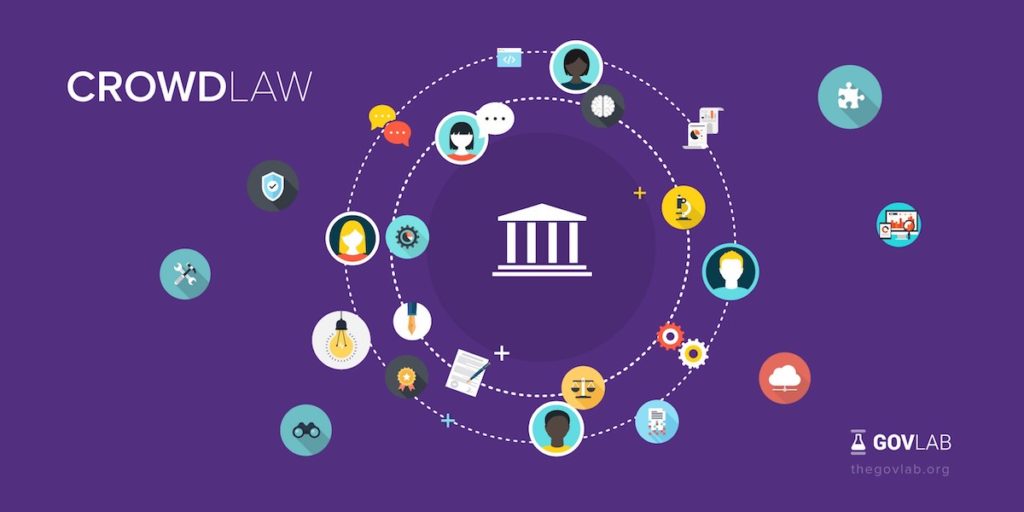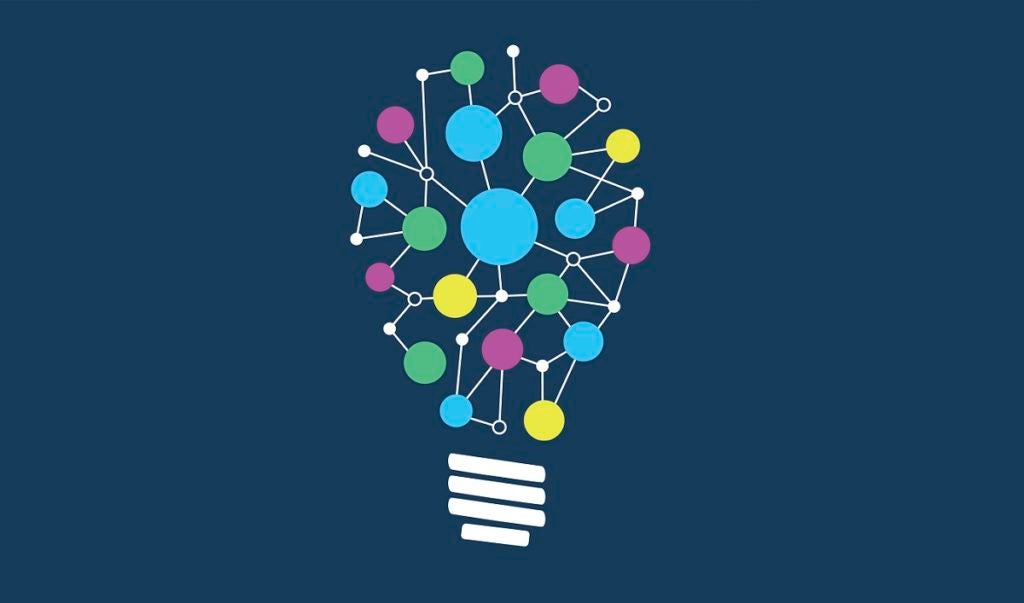[message_box title="" color="blue"] This is Part II of a two-part series by The Governance Lab at the NYU School of Engineering on how to design a public participation initiative for lawmaking. The series is based on “Congress Is Broken; CrowdLaw Could Help Fix It” and “10 Recommendations for Designing Better CrowdLaw Initiatives.” [/message_box] In 2014, Brazil’s … [Read more...] about CrowdLaw: how to design a public participation initiative for lawmaking
Crowdsourcing
Crowdsourcing is the act of convening and collecting ideas from a large number of people to solve a specific problem and/or task. In terms of social and economic development, this term is relevant to open knowledge as it allows the exchange of ideas between people with different academic and work backgrounds, combining their areas of expertise to accelerate the achievement of solutions for the common good.
This tag brings together all the articles written in Abierto al Público on crowdsourcing, initiatives in this regard in Latin America and the Caribbean, tools to facilitate it, examples of solutions achieved through it, and other relevant information.
CrowdLaw: The Demand for Public Participation in Lawmaking
[message_box title="" color="blue"] This is Part I of a two-part series by The Governance Lab at New York University’s Tandon School of Engineering, based on two articles on how to promote public participation in lawmaking: “Congress Is Broken; CrowdLaw Could Help Fix It,” which appeared in Forbes January 23, 2018 and “10 Recommendations for Designing Better … [Read more...] about CrowdLaw: The Demand for Public Participation in Lawmaking
Three ways crowdsourcing is being used to demand government transparency
Corruption remains a serious development challenge for Latin America and the Caribbean. For instance, according to a 2016 survey by Ipsos Public Affairs titled, “What Worries the World”, in Mexico, corruption is the second-most pressing concern for citizens, behind violent crime. Facing this context, in an effort to identify innovative ways to promote transparency and combat … [Read more...] about Three ways crowdsourcing is being used to demand government transparency
Creating safe cities for women through technology and crowdsourcing
According to the UN, one in three women, or 35% of women worldwide experience physical or sexual violence. However, some country data shows numbers as high as 70%. The UN also reports that less than 40% of women who are victims of violence seek help. Most women and girls do not talk about this abuse for a multiple of reasons - fear of society, culture, victim blaming, fear of … [Read more...] about Creating safe cities for women through technology and crowdsourcing



